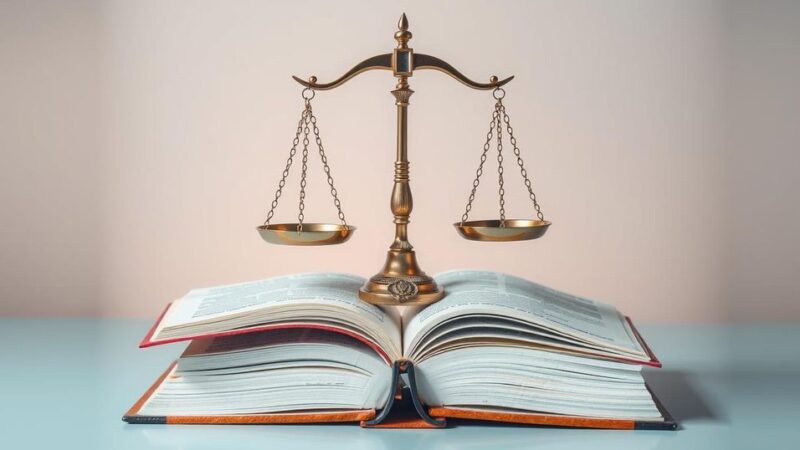Mozambique’s civil war led to a shift towards a multiparty political system following the 1994 elections. Despite post-war optimism, challenges persisted including socio-economic disparities and tensions between Frelimo and Renamo. Recent elections faced allegations of fraud and voter manipulation, underscoring the fragility of Mozambique’s political landscape as it approaches the 2024 elections amid ongoing conflict and humanitarian challenges.
Mozambique’s journey toward peace and reconciliation following its devastating civil war exemplifies the intricate balance between political transitions and societal healing. After years of brutal conflict between the Frelimo and Renamo factions, multiparty elections were conducted in October 1994, culminating in significant political reforms. Frelimo, which had previously maintained strict Marxist-Leninist policies, underwent transformative changes under President Joaquim Chissano, adopting a new constitution that allowed for a multiparty system. In congruence with this political shift, Renamo transformed from a rebel group into a recognized political entity, ultimately participating in the electoral process with increased legitimacy.
Despite the initially hopeful atmosphere, the post-war period was fraught with challenges, including the presence of land mines and socioeconomic disparities. The election outcomes revealed a fragmented political landscape, with Frelimo securing a majority while Renamo held significant representation in the government. Tensions continued to fester, leading to periods of violence and a resurgence of hostilities, prompting renewed peace negotiations and agreements aimed at fostering reconciliation between the two parties.
As Mozambique moved into the 21st century, the nation experienced notable economic growth, driven by natural resource exploration and international investment, although this prosperity did not reach the majority of the populace, exacerbating underlying tensions. Continued strife was evidenced by Renamo’s low-level insurgency and subsequent peace agreements. The electoral competition in 2014 highlighted a shifting political dynamic, marred by allegations of electoral impropriety, as Frelimo once again emerged victorious, albeit with reduced representation in the legislature.
The impact of natural disasters in recent years, including droughts and cyclones, has compounded Mozambique’s challenges, alongside economic obstacles stemming from significant debt mismanagement. Nevertheless, the peace process has fluctuated between promising developments and setbacks, particularly following the death of Renamo leader Afonso Dhlakama in 2018. Current political tensions persisted with the advent of the 2024 elections, which have been marred by accusations of electoral fraud. The trajectory of Mozambique’s political landscape remains uncertain, with the future hinging on the resolution of these critical issues.
The civil war in Mozambique, lasting from 1977 to 1992, was primarily fought between the ruling party Frelimo and the opposition group Renamo. The conflict resulted in extensive losses and disruption, leading to international mediation and the eventual establishment of a peace agreement in 1992. The aftermath of the war saw attempts to rebuild the country, with political and economic reforms aimed at integrating formerly opposing factions into a sustainable democratic framework. Key events in the subsequent decades reflect the ongoing complexities of governance, socio-economic disparities, and the persistence of violence in regions like Cabo Delgado. As Mozambique approaches its 2024 elections, the historical context underscores the urgency of addressing electoral integrity and fostering stable political affiliations directly affected by decades of conflict.
The political narrative of Mozambique from its post-civil war era to contemporary challenges illustrates the complex interplay between governance, electoral integrity, and societal reconciliation. While significant strides have been made toward establishing a multiparty democracy, continuous efforts are necessary to address underlying socioeconomic issues and to uphold the rule of law. The future of Mozambique’s democracy and peace initiatives is critical as the nation approaches its next elections amidst allegations of misconduct and surges of insurgency, demanding vigilant engagement from both the government and the international community.
Original Source: www.britannica.com






